
Japan · culture and life
5 min read Jul 19, 2019
This post is the first in a series of four about our latest trip to Japan.
My last trip to Japan in late 2014 was a month-long affair: a week and a half with friends, the rest mostly alone. To say it was transformational would be a gross understatement. It led me to stop my previous blog that I had been writing for six years, quit my job, and pursue a career in another field.
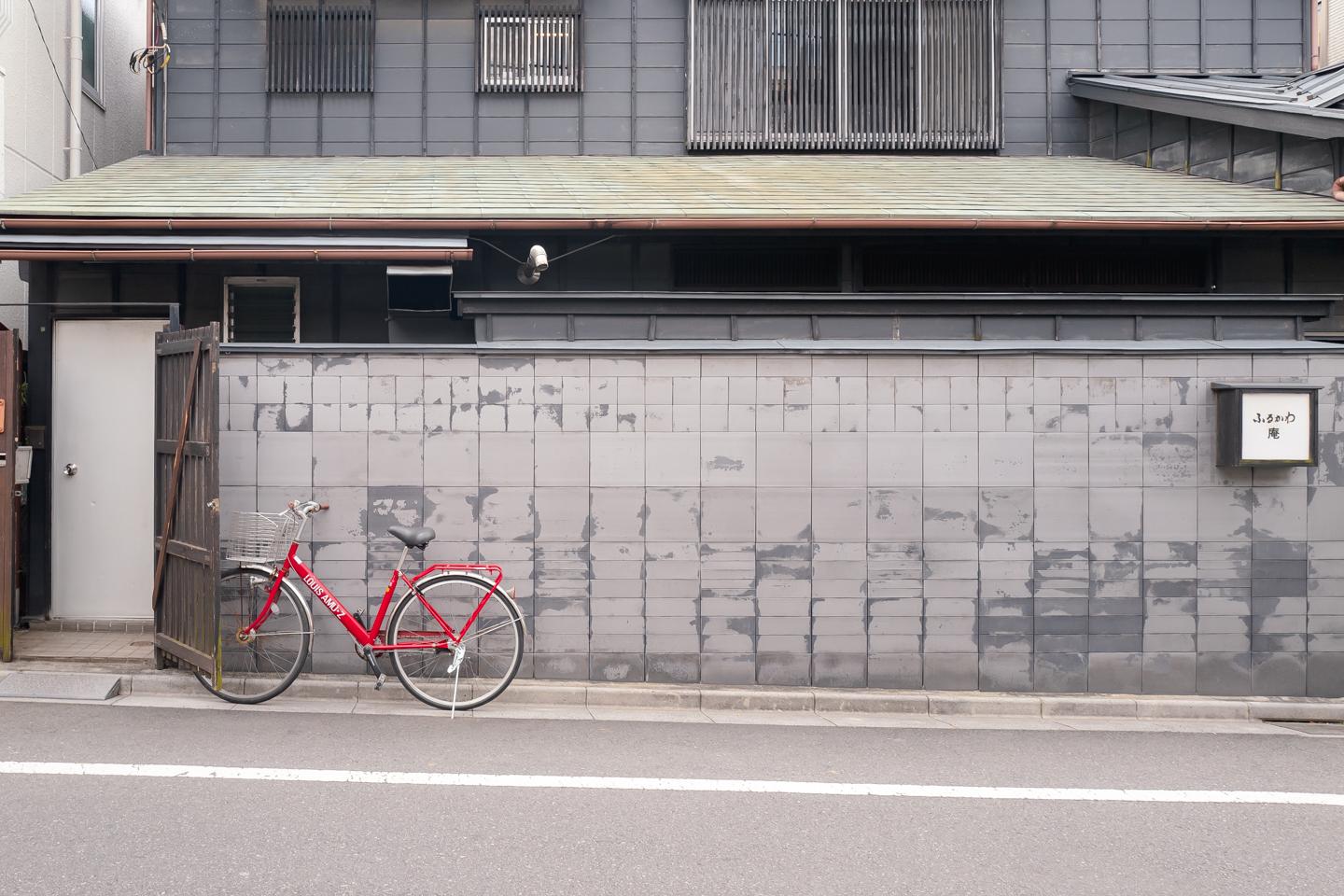 Tokyo · Leica Q · f/8 · 1/60 · ISO
200
Tokyo · Leica Q · f/8 · 1/60 · ISO
200
Anime, Manga, JPop, Japanese cuisine, and tuner car culture constructed an expectation of Japan as a land where everything is just a bit better than here in the US. I saw it as a world where design and craft are not only respected but are foundational aspects of peoples’ lives.
I returned home after my last trip to Japan with the feeling that it is indeed the utopia that I had always imagined it to be.
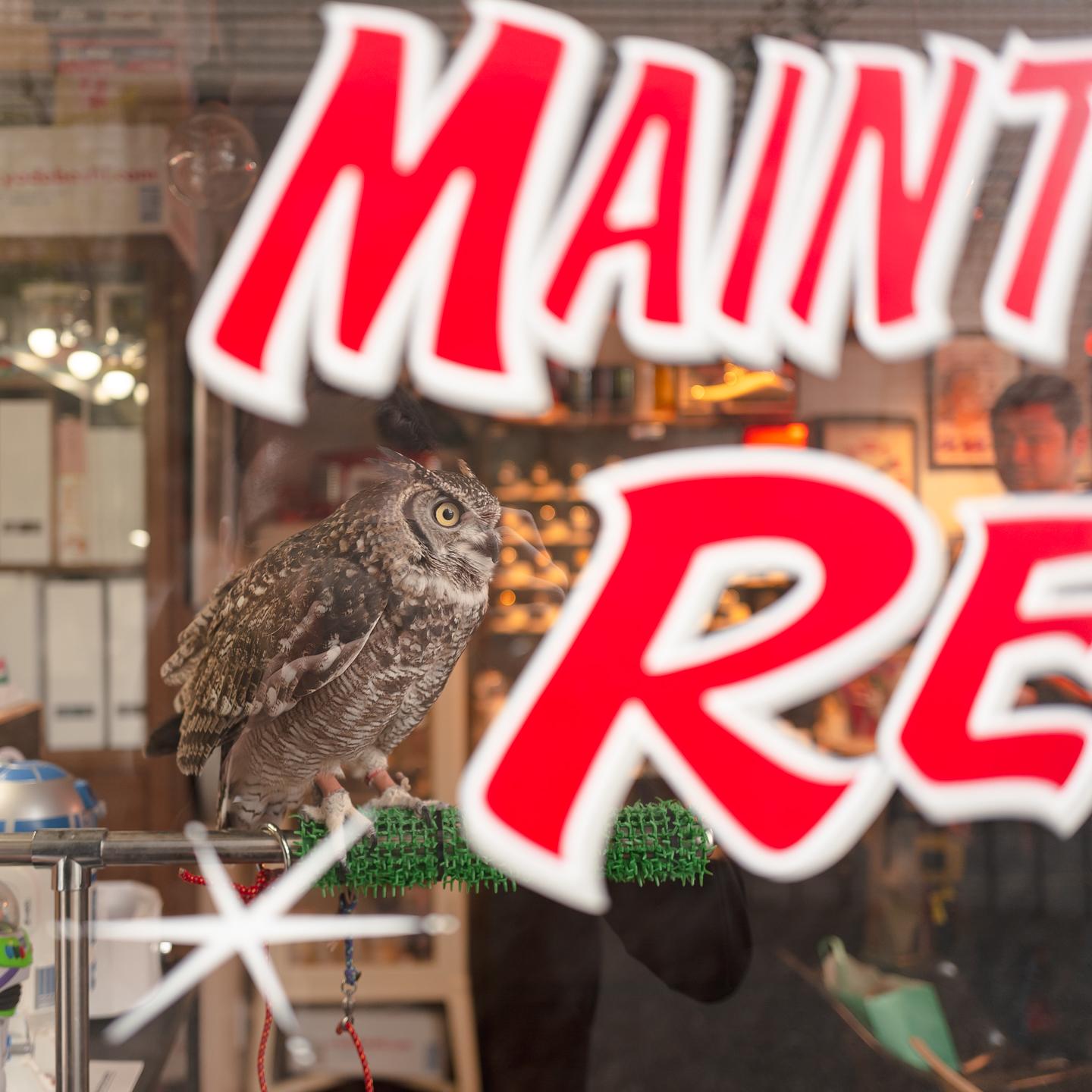 Tokyo · Leica Q · f/1.7 · 1/320 · ISO
100
Tokyo · Leica Q · f/1.7 · 1/320 · ISO
100
In the four years since that trip, my life has changed drastically. Like I mentioned earlier, I left my job, changed careers, and helped launch a company. I also got married and moved in with Q, my then-girlfriend, now-wife.
She’s also a Japanophile, making her first visit months after mine. Given that she also grew up absorbing and appreciating Japanese culture, she returned to the US feeling very similar to how I felt.
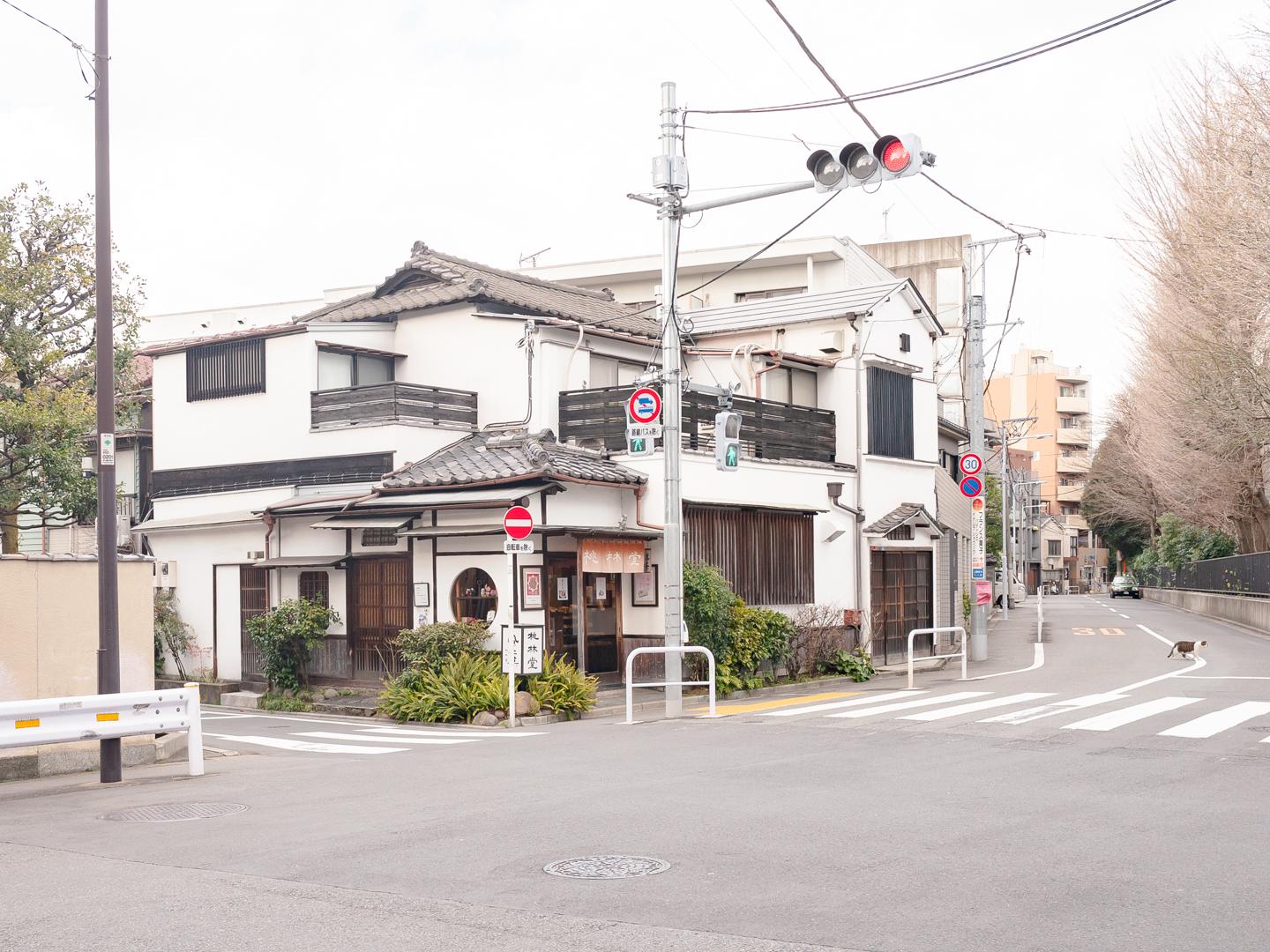 Tokyo · Leica Q · f/5.6 · 1/200 · ISO
100
Tokyo · Leica Q · f/5.6 · 1/200 · ISO
100
As we’ve lived together, we have started to notice the rougher edges of life. We watched the excellent documentary, Plastic China. It centers around a former farming village where its residents live in inhumane conditions recycling plastic waste from developed countries.
It never occurred to us that our plastic “recyclables” were not processed locally, but instead were sent to developing countries that the US imports from in shipping containers that would otherwise return empty.
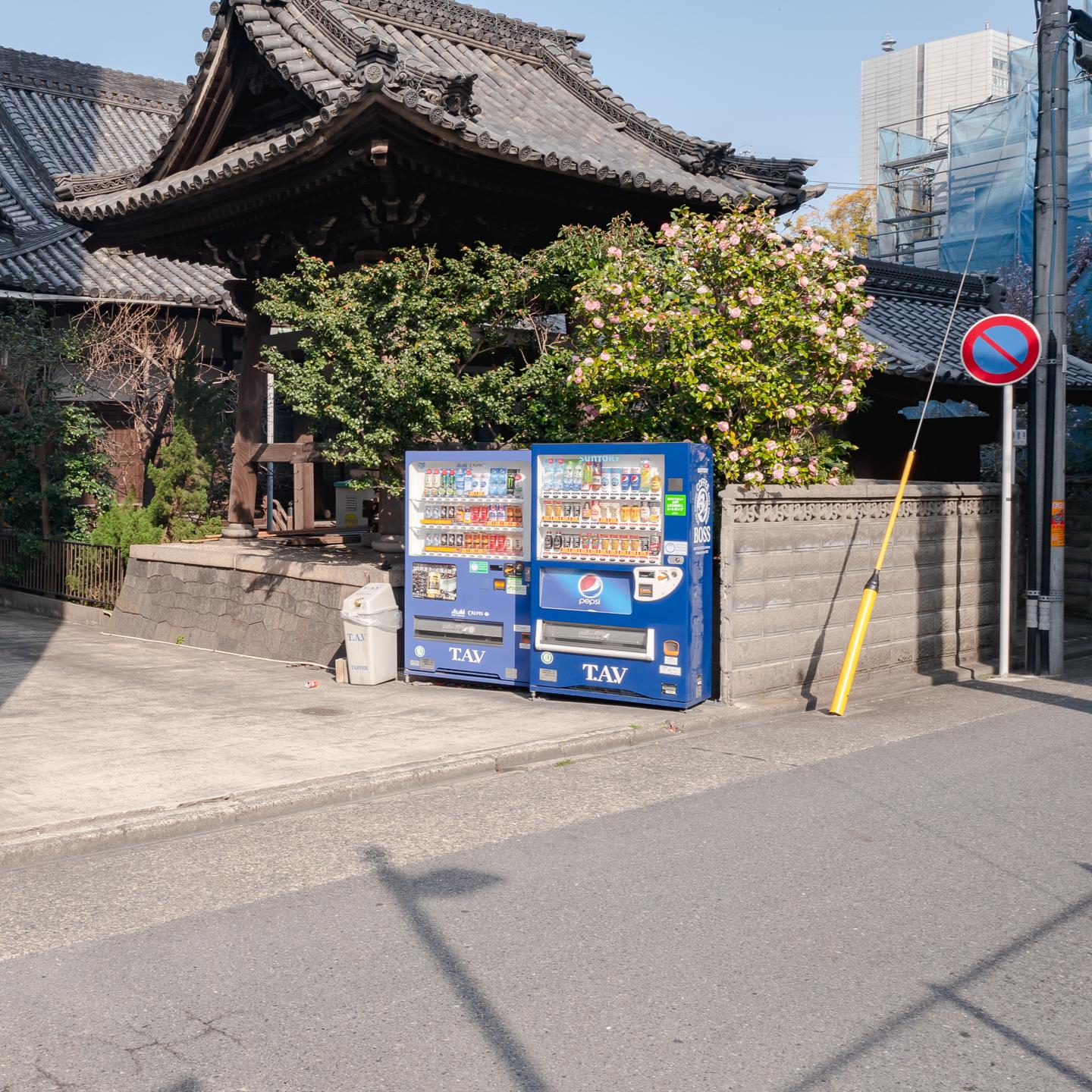 Nagoya · Leica Q · f/16 · 1/80 · ISO
100
Nagoya · Leica Q · f/16 · 1/80 · ISO
100
I have also been reading about the negative impact that travel has had on many parts of the world. As air travel becomes cheaper and the number of people able to afford international flights increases, travel, once a luxury, is quickly becoming a normal part of life.
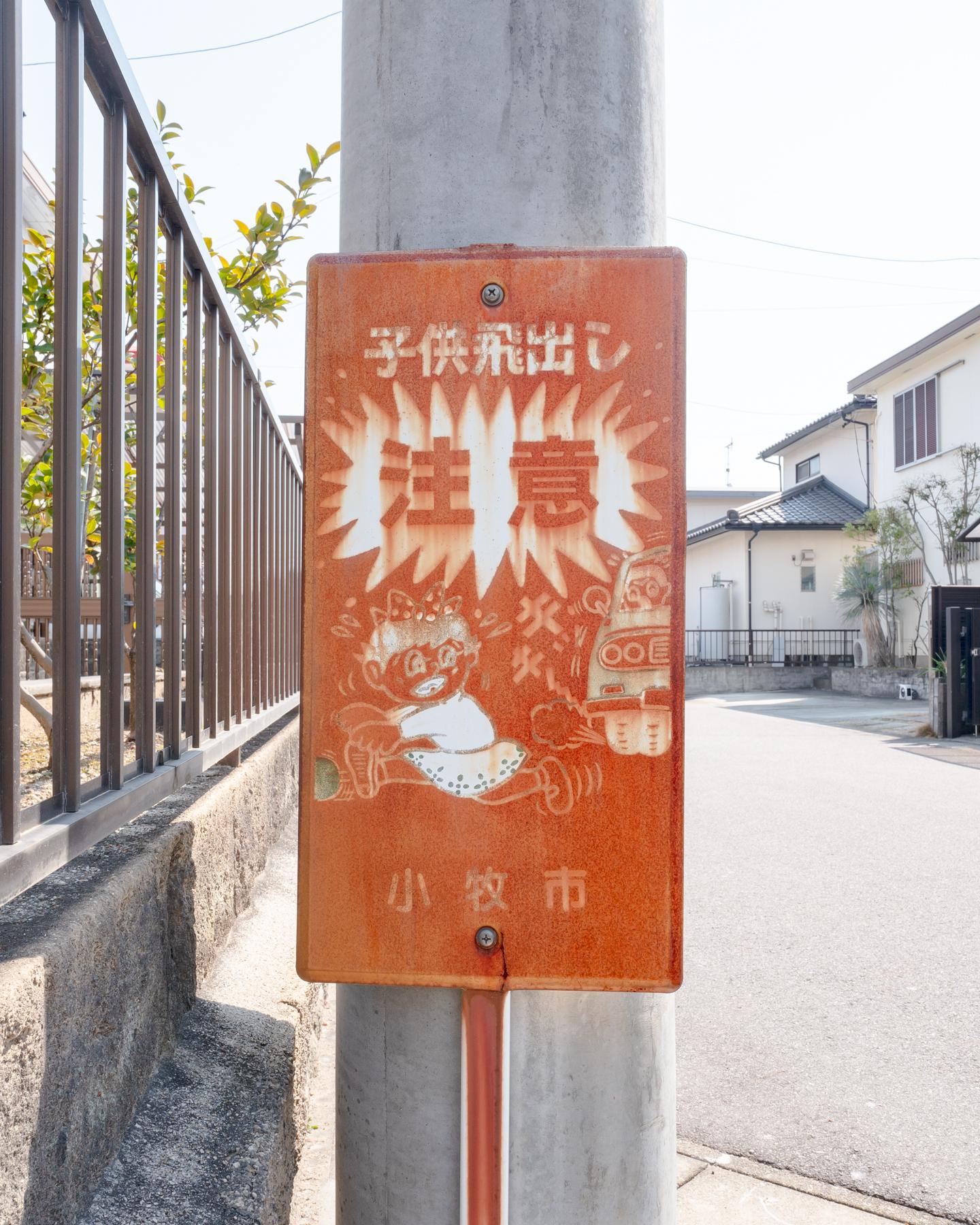 Komaki · Leica Q · f/16 · 1/80 · ISO
100
Komaki · Leica Q · f/16 · 1/80 · ISO
100
Tourism parallels gentrification. Just like how affluent residents seek out cheaper neighborhoods with “character,” tourists similarly seek out destinations with character. As more and more affluent people move in, that original character of the community is lost, and its original residents are entirely displaced.
A similar thing is happening to tourist hotspots around the world. The authentic character that the tourists initially sought-out is replaced by attractions purely targeted at tourists.
The sheer scale of tourism is having a monumental impact on travel destinations around the world. Japan is one of the most popular. It plans on welcoming 40 million tourists in 2020, and yet, it has a shrinking population of just over 125 million.
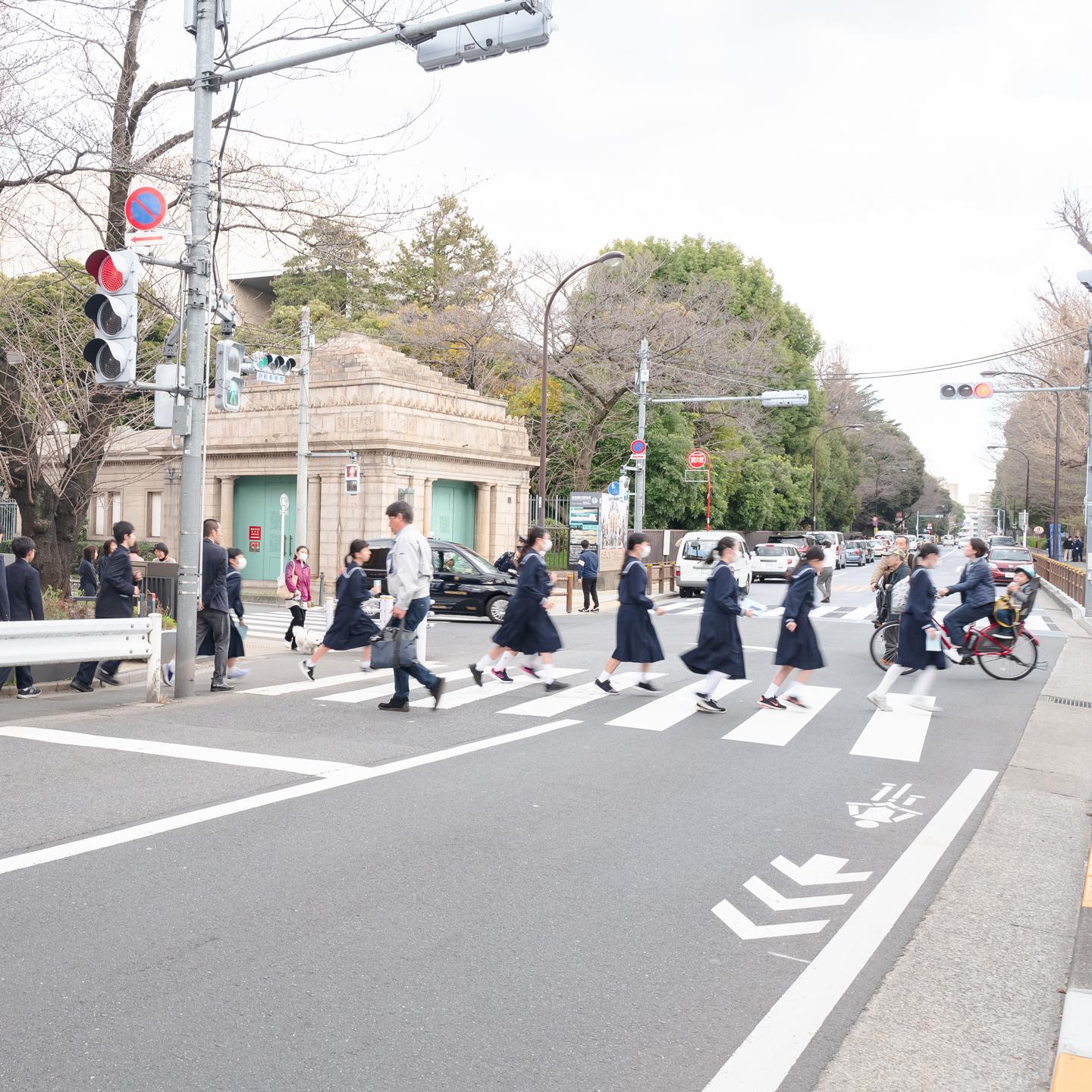 Tokyo · Leica Q · f/9 · 1/60 · ISO
250
Tokyo · Leica Q · f/9 · 1/60 · ISO
250
By the time Q and I arrived in Tokyo this year, we had lost the starry eyes we had when we first visited Japan.
We were very conscious of the amount of waste created in Japan. Ubiquitous gift boxes containing backed goods and sweets were no longer impulse buys that brought us joy. Instead, we carefully considered that each box of mochi probably contained a plastic bag, which includes many mochis individually wrapped in their own plastic wrappers.
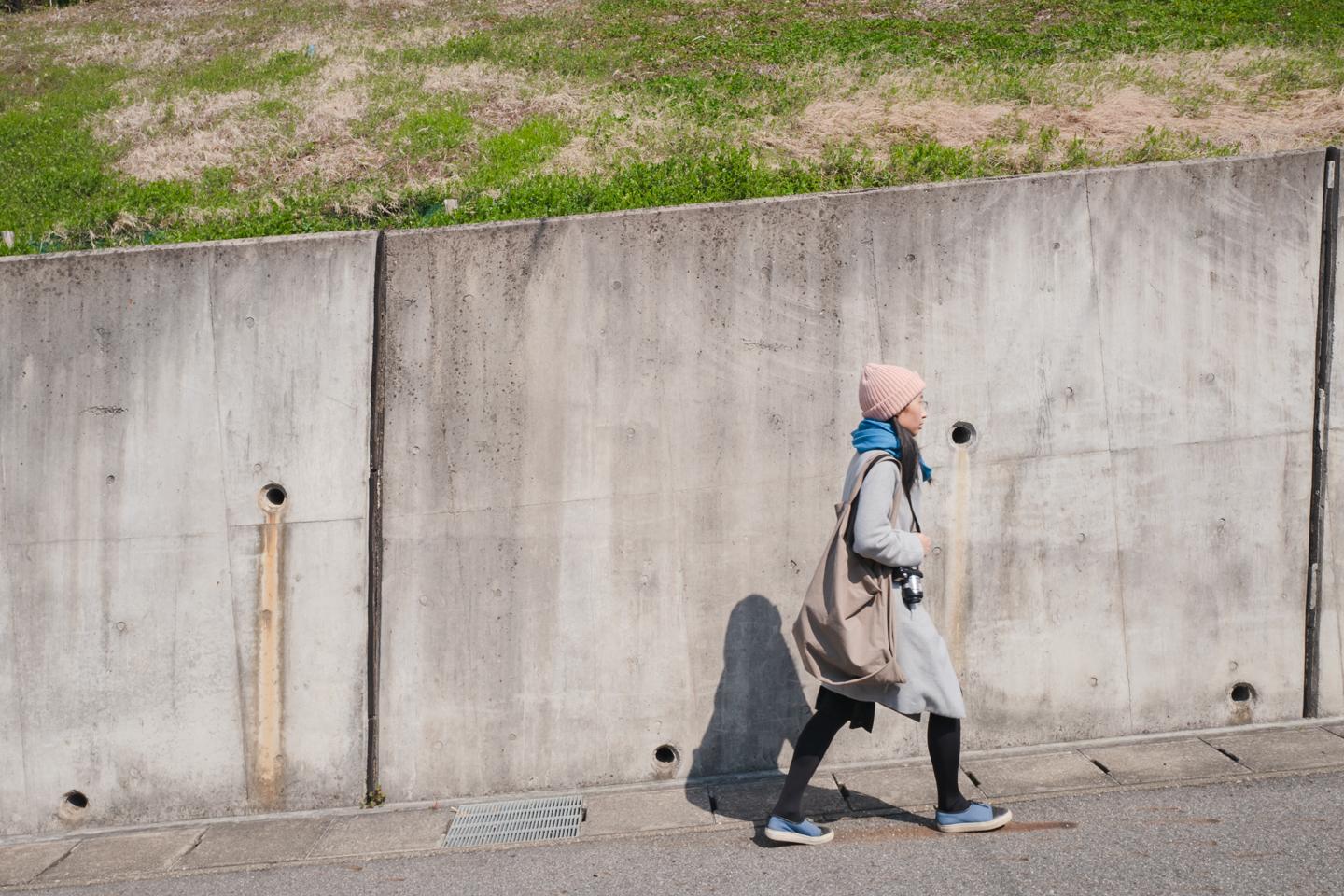 Komaki · Leica Q · f/16 · 1/200 · ISO
100
Komaki · Leica Q · f/16 · 1/200 · ISO
100
The average Japanese citizen creates, on average, half as much plastic waste as the average American. This, in my opinion, is much higher than what Japan’s clean streets and lack of trash cans would lead one to believe.
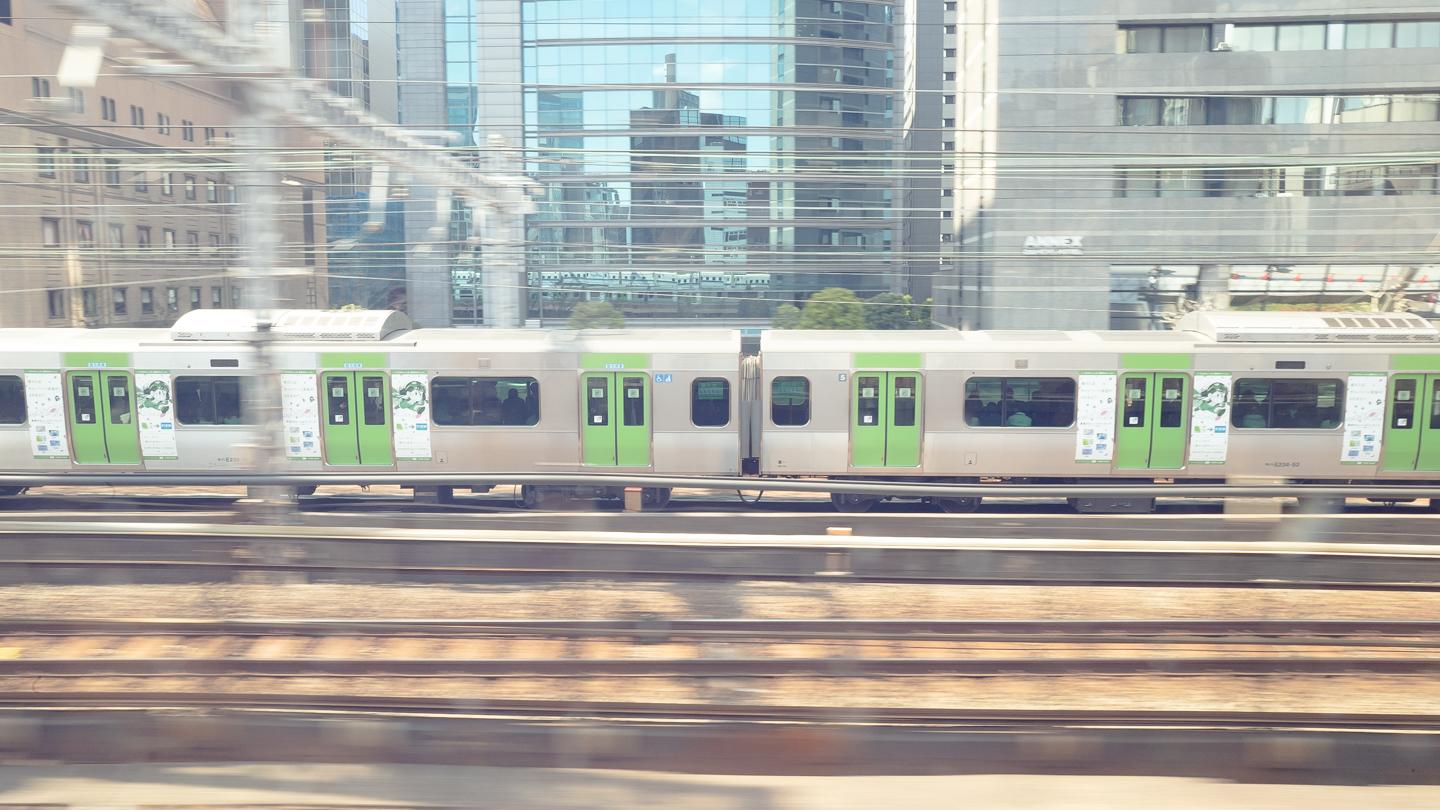 Tokyo · Tokyo · Leica Q · f/16 · 1/60
· ISO 640
Tokyo · Tokyo · Leica Q · f/16 · 1/60
· ISO 640
We also noticed the effect that tourists like me had on the daily lives of ordinary Japanese people. We started seeing the realities of Japan, not just our fantasy. This change in perspective hasn’t tarnished our love for Japan, though. It’s still one of our favorite countries to visit. We just now have a much more healthy, realistic view of it.
 Noda · Leica Q · f/3.2 · 1/200 · ISO
100
Noda · Leica Q · f/3.2 · 1/200 · ISO
100
I’ll leave you with more of my favorite photos from around the streets of Japan, the famous Sakura flowers and a baseball game at Tokyo Dome.
 Komaki · Leica Q · f/16 · 1/200 · ISO
100
Komaki · Leica Q · f/16 · 1/200 · ISO
100
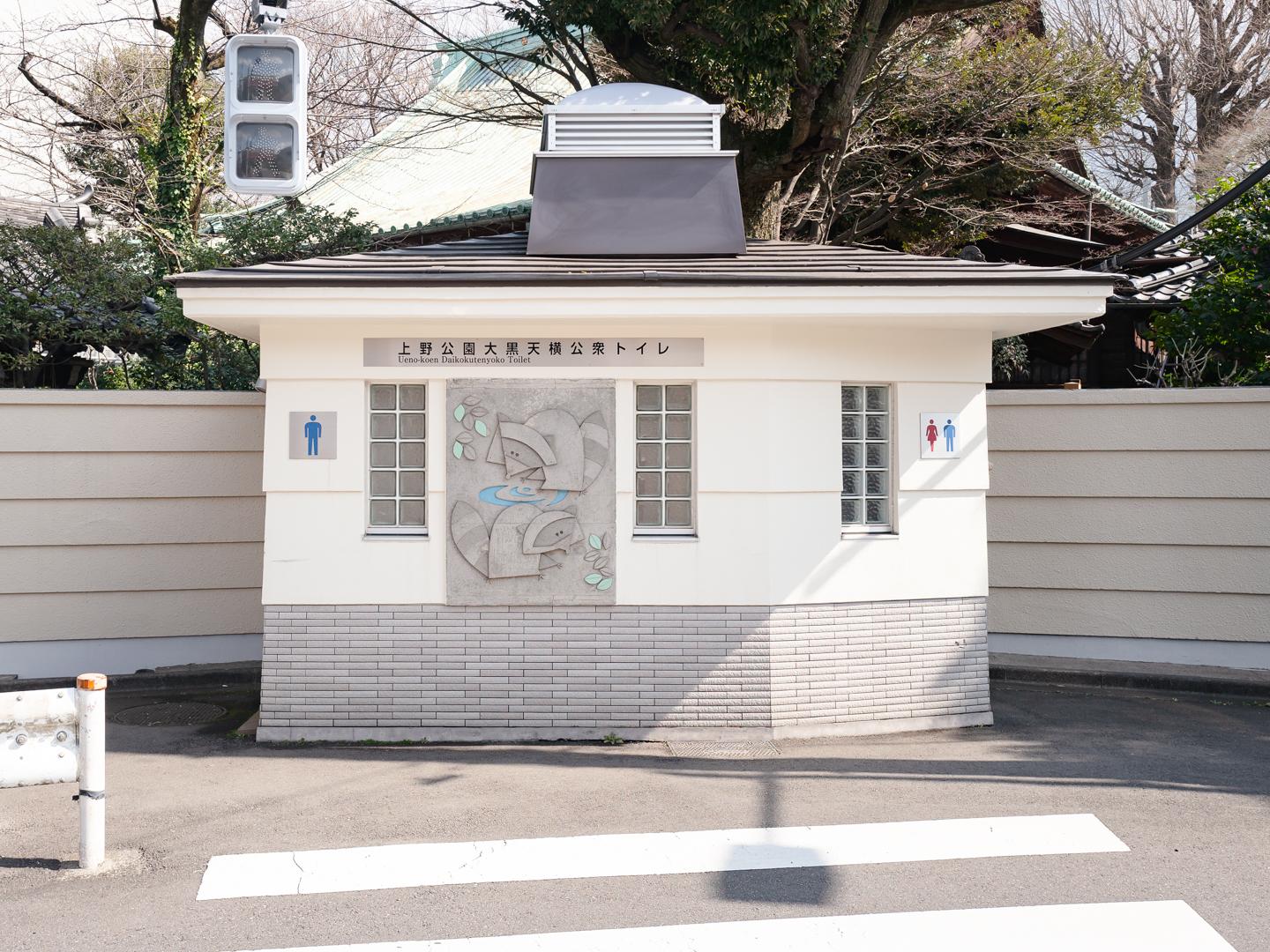 Tokyo · Leica Q · f/4.5 · 1/1250 ·
ISO 100
Tokyo · Leica Q · f/4.5 · 1/1250 ·
ISO 100
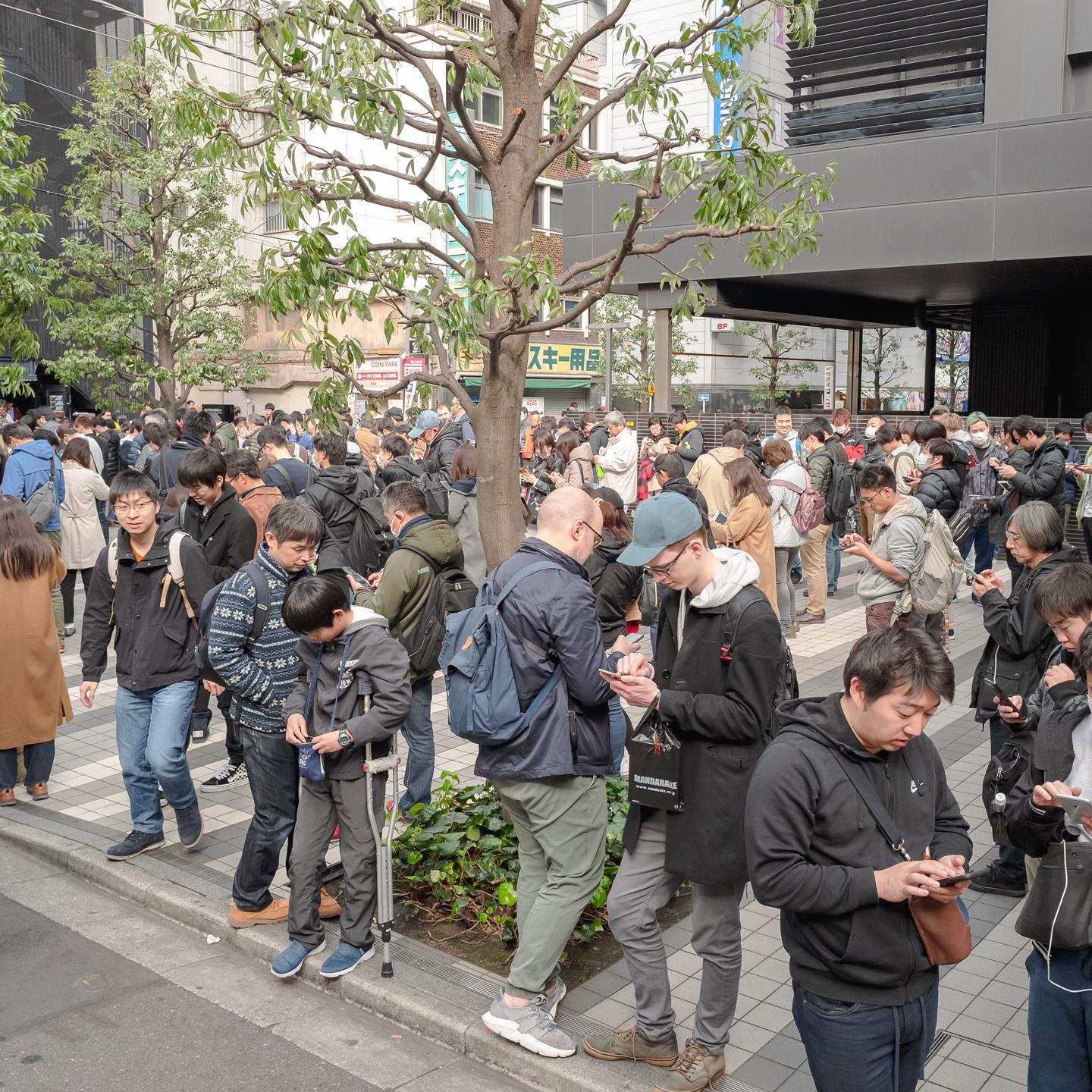 Tokyo · Leica Q · f/6.3 · 1/500 · ISO
1600
Tokyo · Leica Q · f/6.3 · 1/500 · ISO
1600
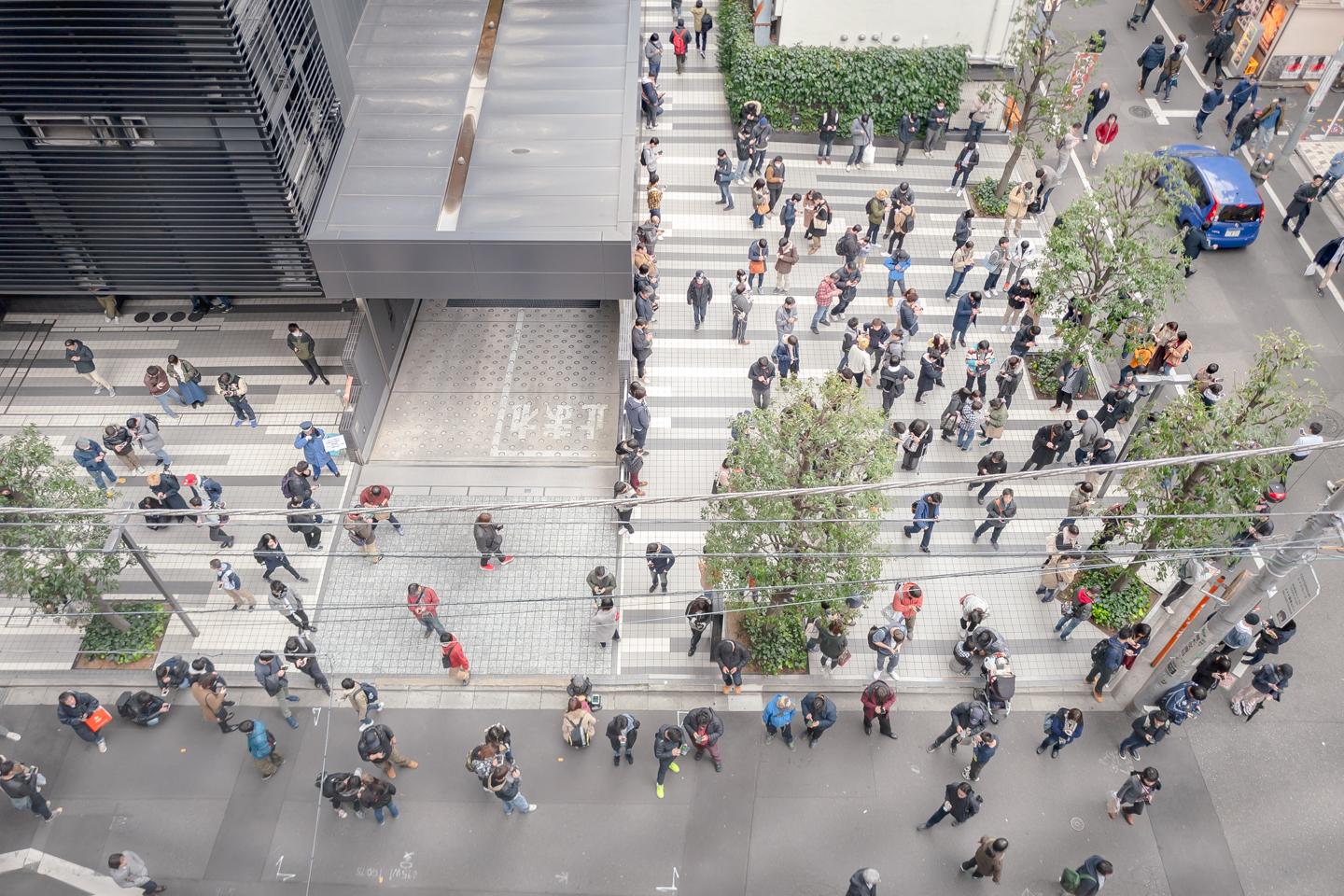 Tokyo · Leica Q · f/1.7 · 1/500 · ISO
160
Tokyo · Leica Q · f/1.7 · 1/500 · ISO
160
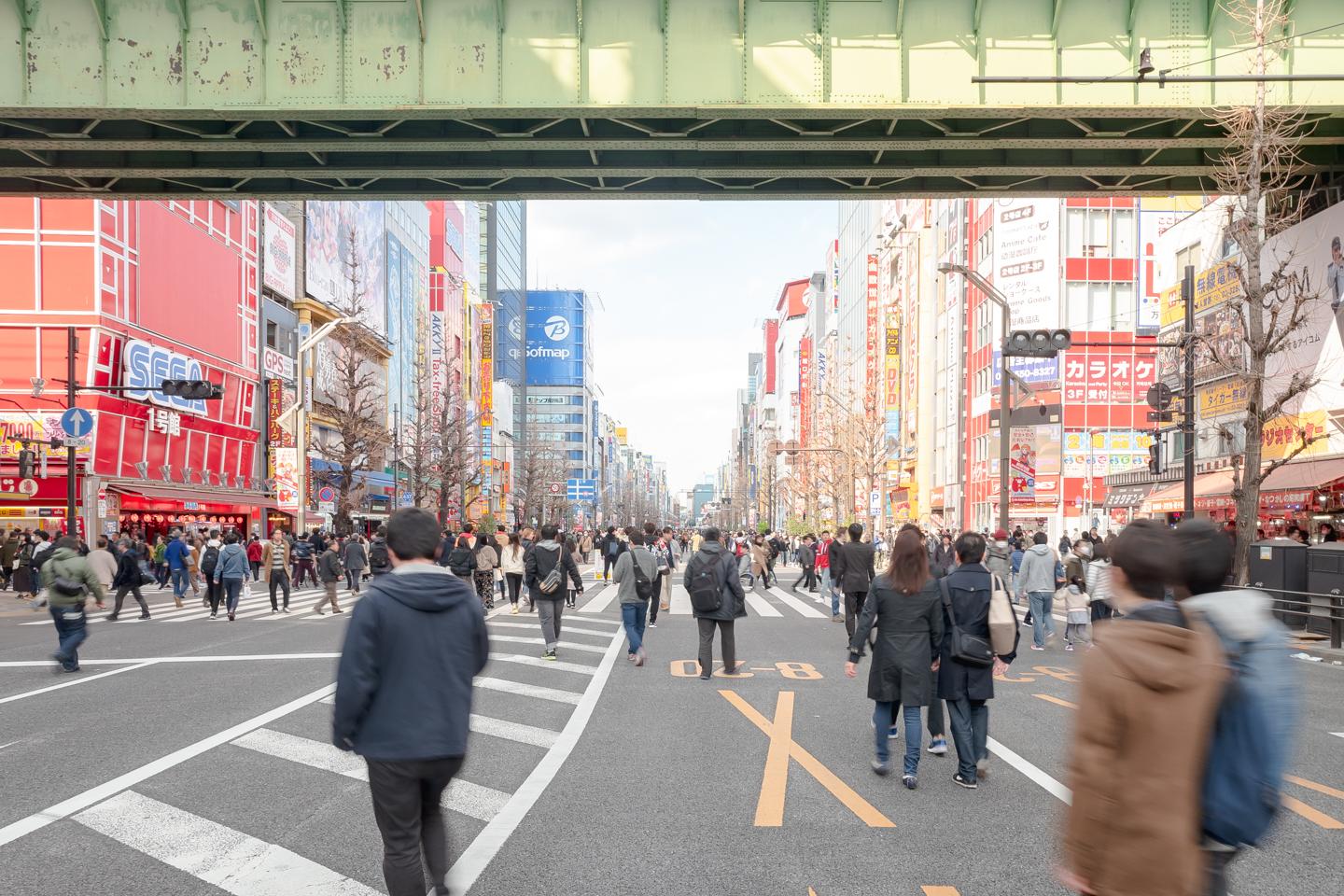 Tokyo · Leica Q · f/16 · 1/15 · ISO
100
Tokyo · Leica Q · f/16 · 1/15 · ISO
100
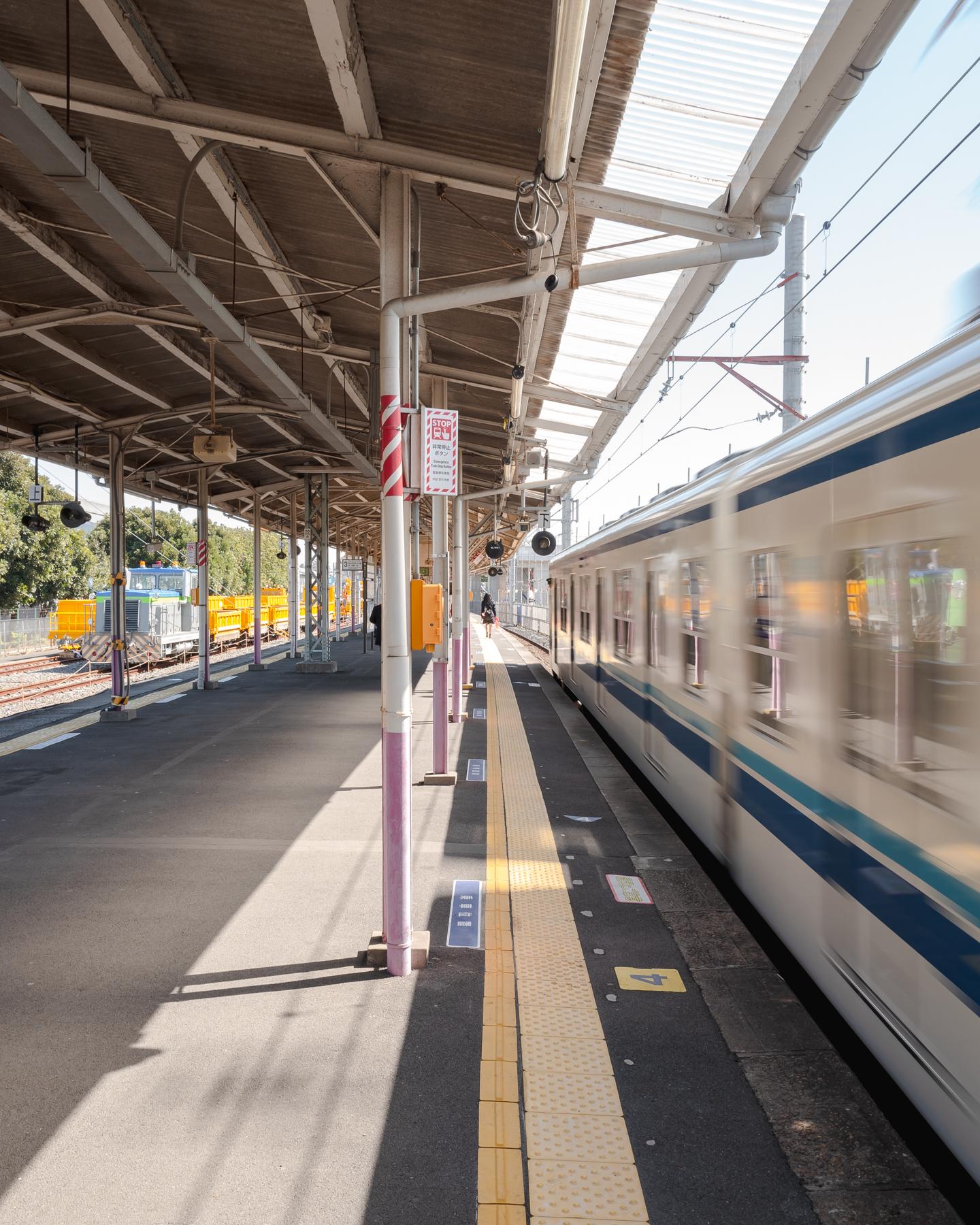 Noda · Leica Q · f/16 · 1/15 · ISO
100
Noda · Leica Q · f/16 · 1/15 · ISO
100
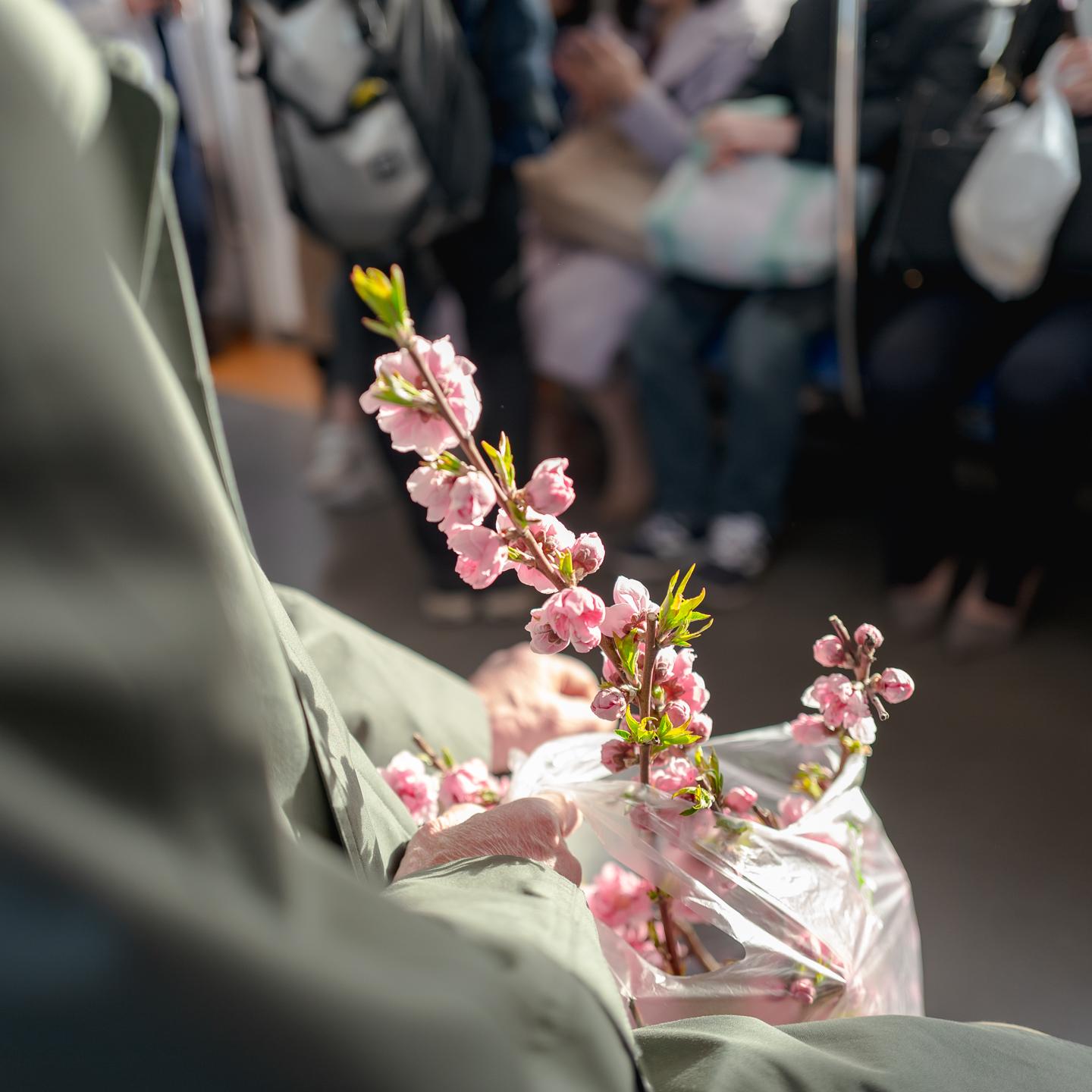 Nagoya · Leica Q · f/1.7 · 1/320 ·
ISO 100
Nagoya · Leica Q · f/1.7 · 1/320 ·
ISO 100
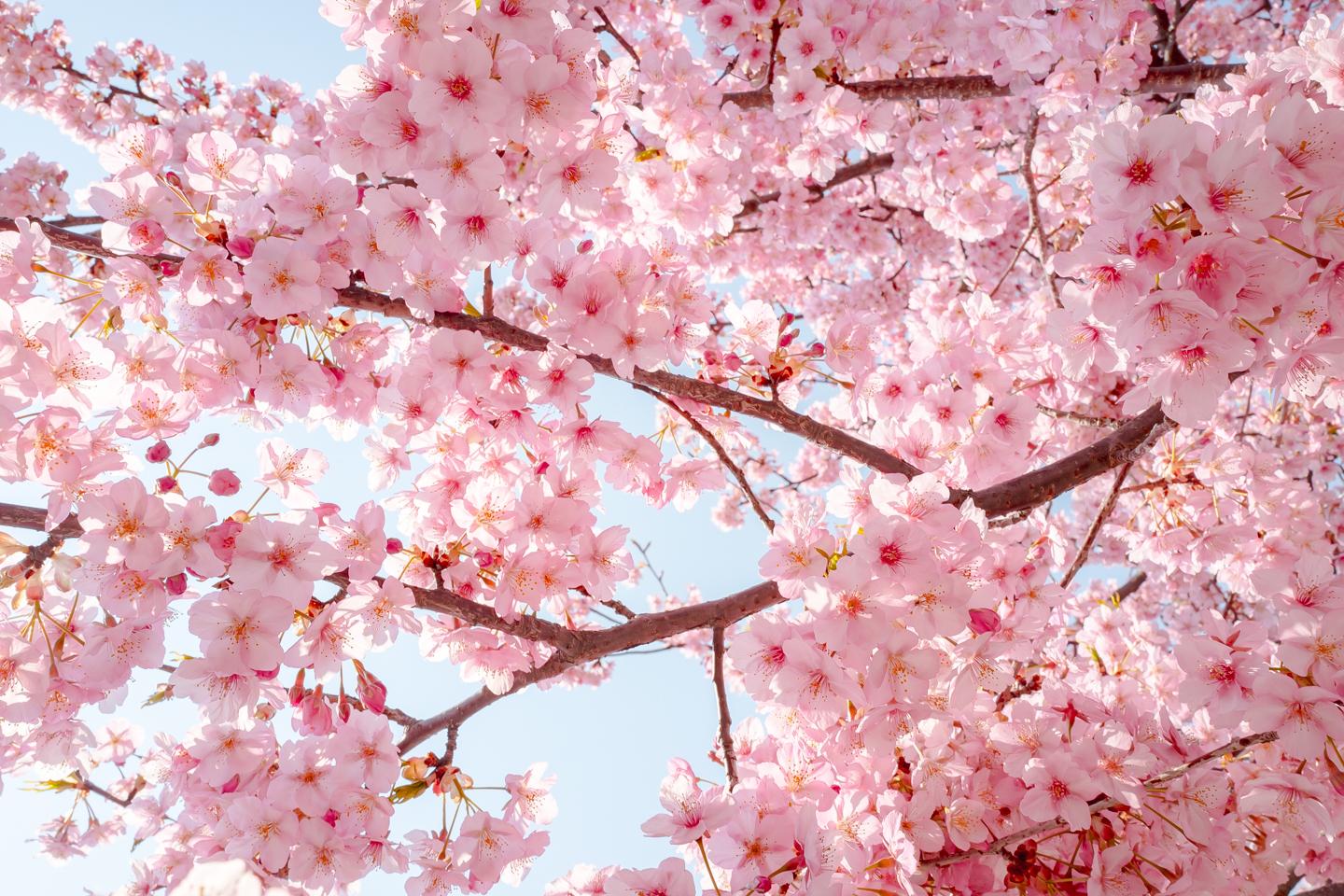 Komaki · Leica Q · f/16 · 1/160 · ISO
100
Komaki · Leica Q · f/16 · 1/160 · ISO
100
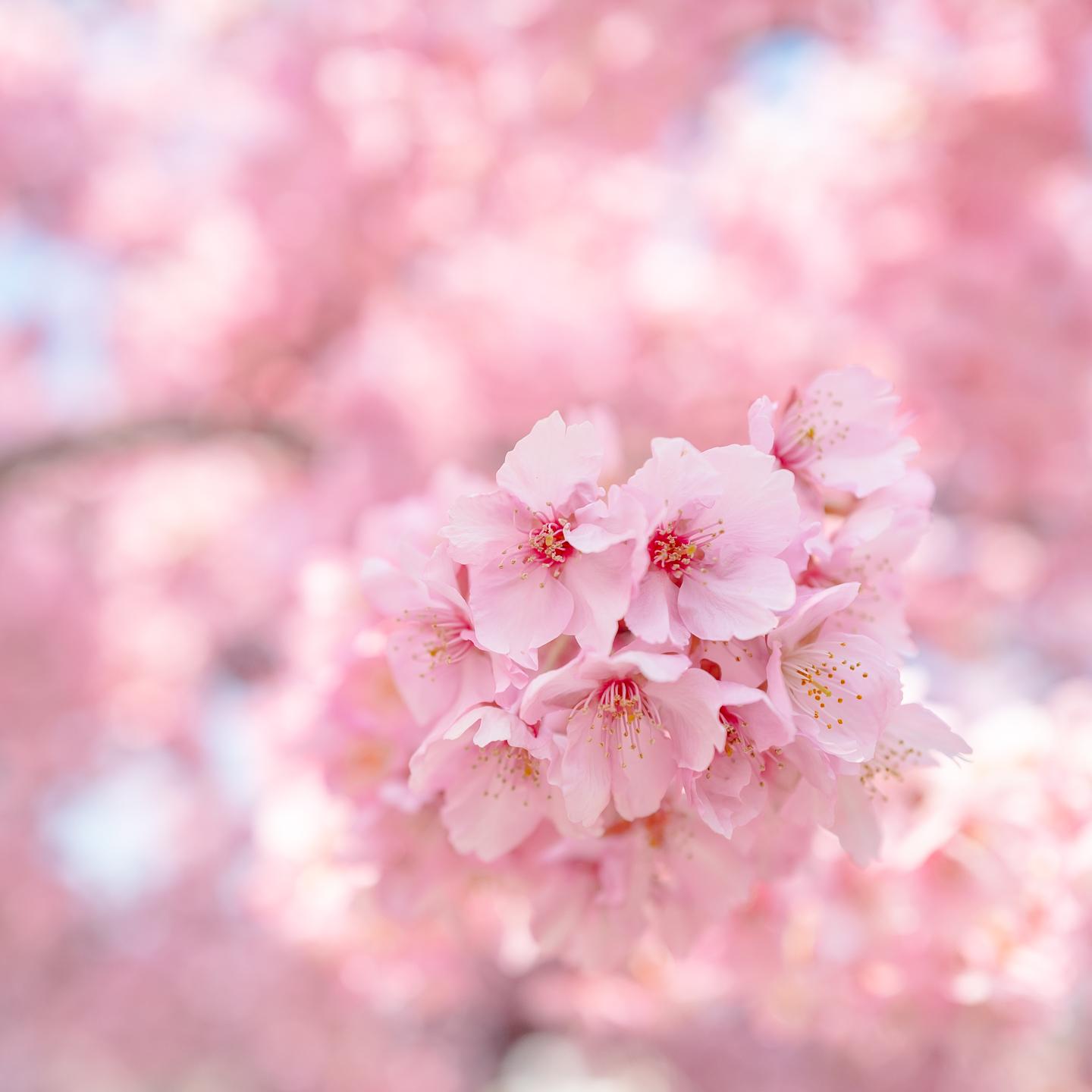 Komaki · Leica Q · f/2.8 · 1/2500 ·
ISO 100
Komaki · Leica Q · f/2.8 · 1/2500 ·
ISO 100
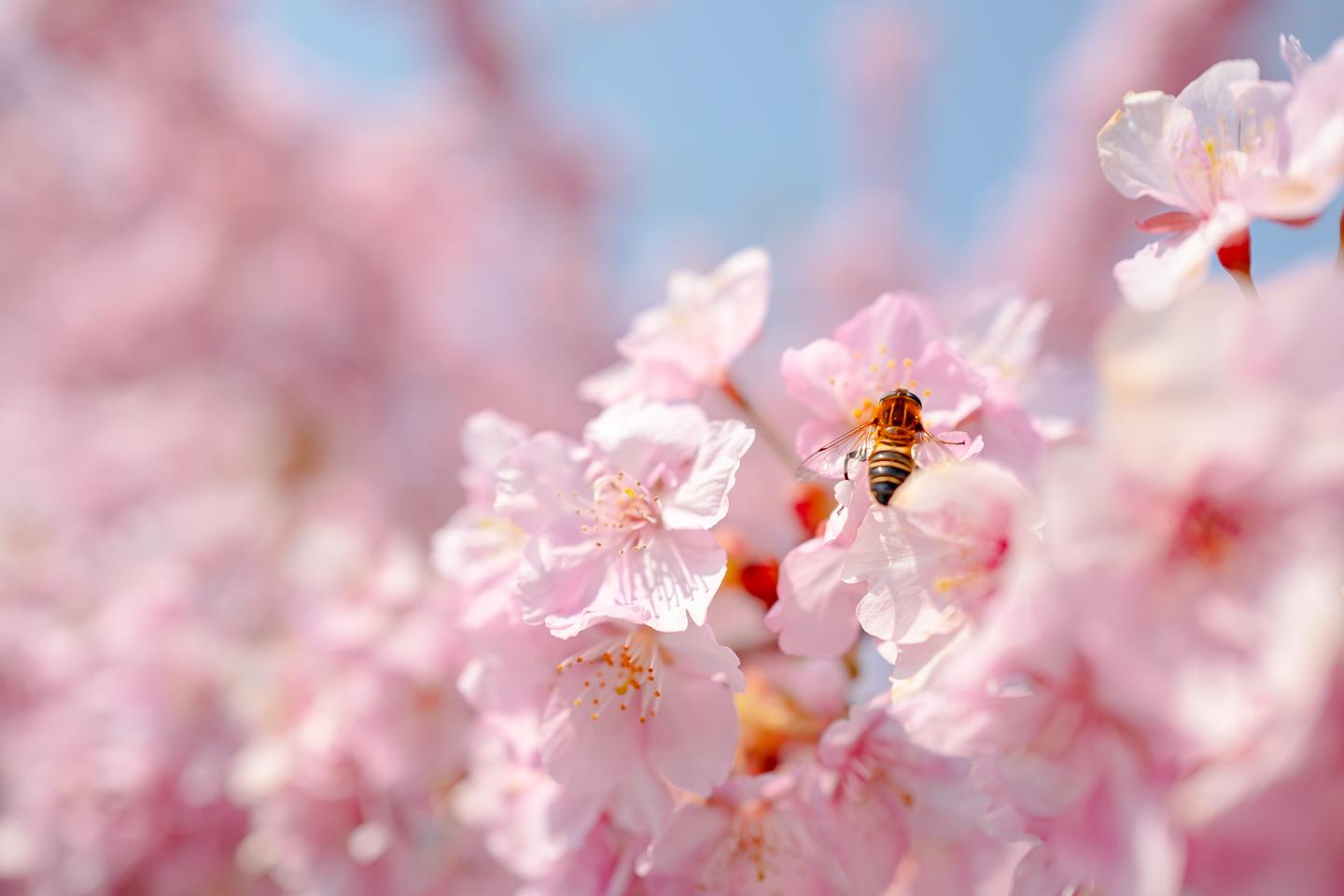 Komaki · Leica Q · f/2.8 · 1/8000 ·
ISO 100
Komaki · Leica Q · f/2.8 · 1/8000 ·
ISO 100
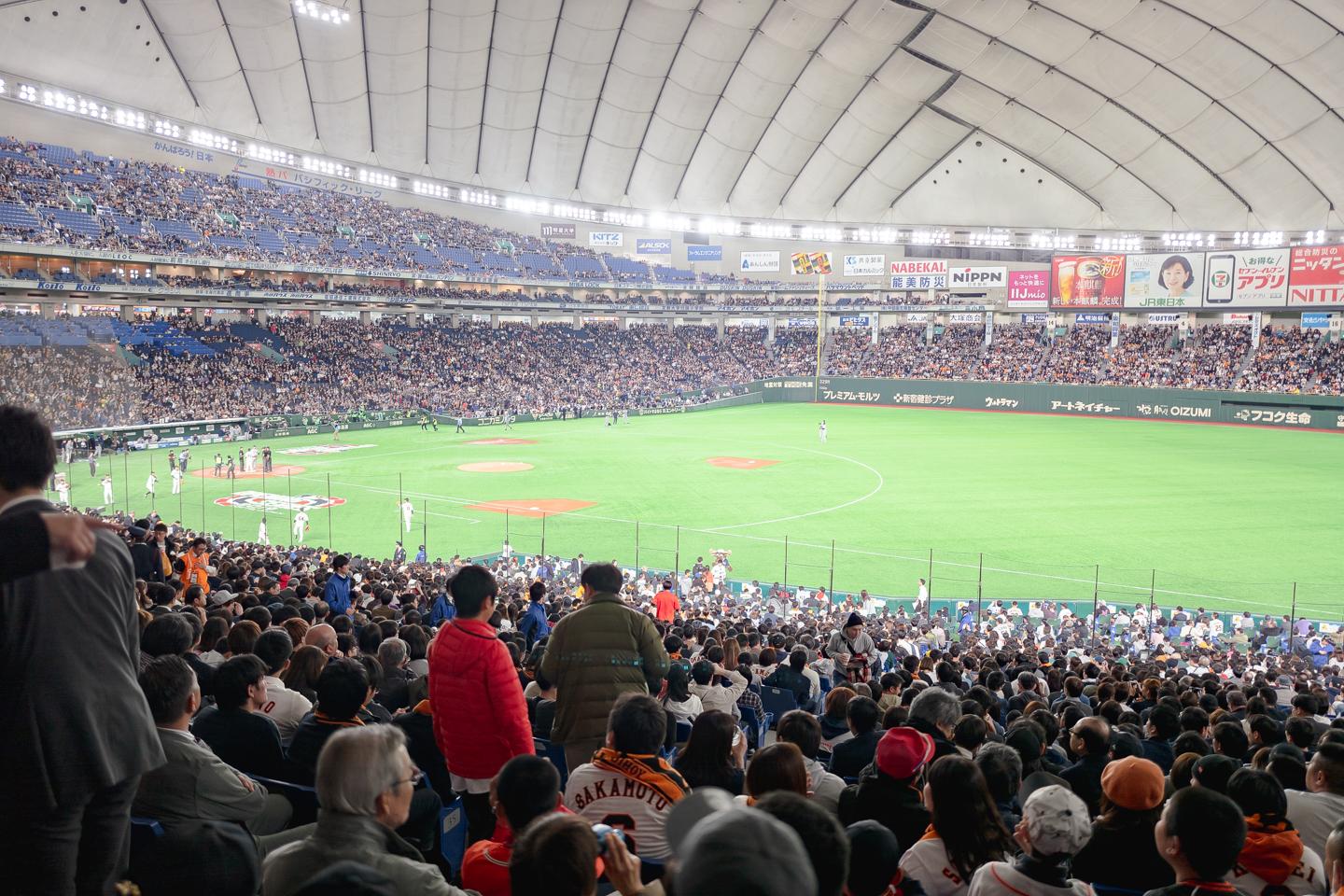 Tokyo · Leica Q · f/1.7 · 1/160 · ISO
100
Tokyo · Leica Q · f/1.7 · 1/160 · ISO
100
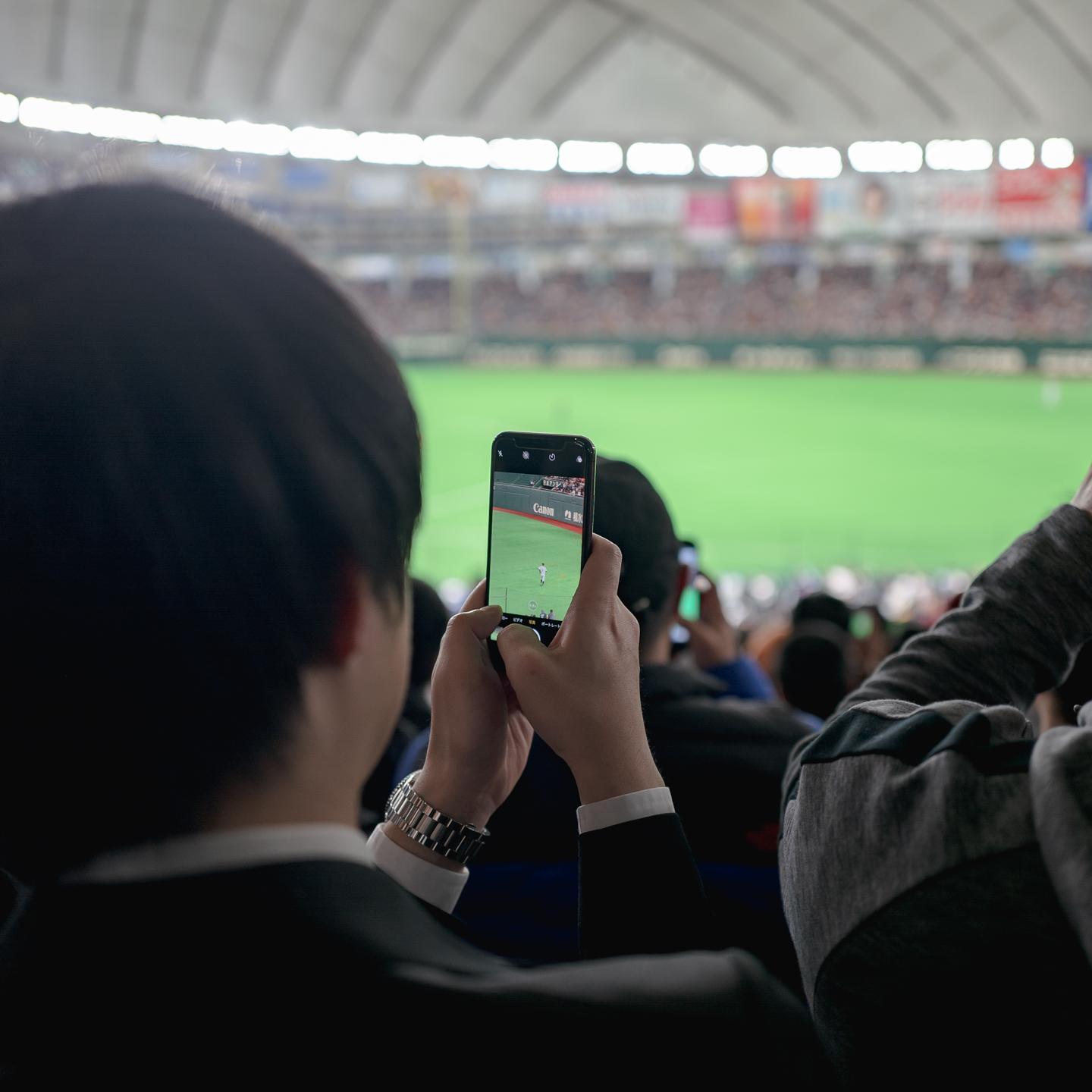 Tokyo · Leica Q · f/1.8 · 1/125 · ISO
100
Tokyo · Leica Q · f/1.8 · 1/125 · ISO
100
Thanks to Q for reading drafts of this.
Emoji in the feature image are from the original DoCoMo emoji set — credit to Monica Dinculescu for turning them into a font.
